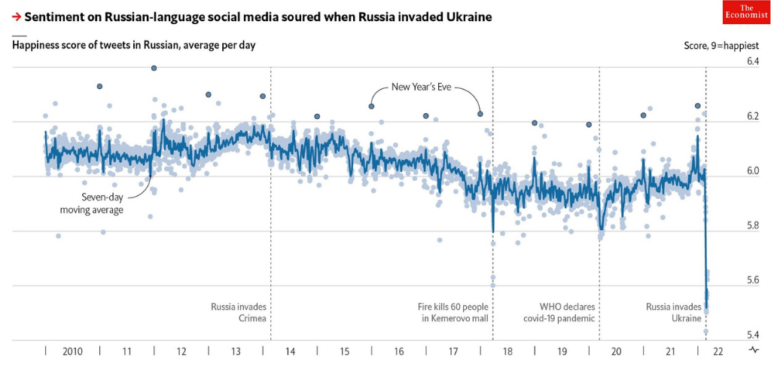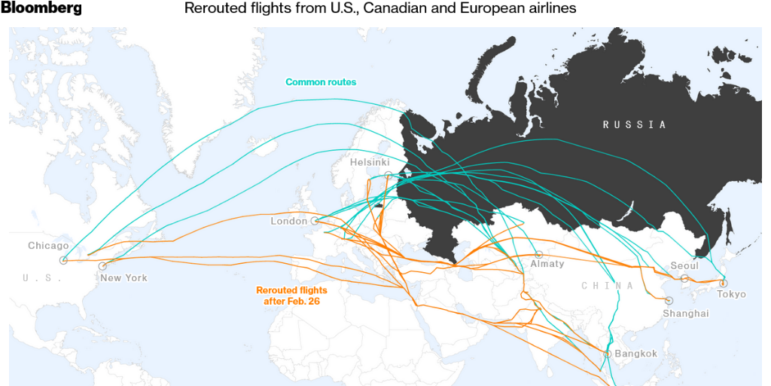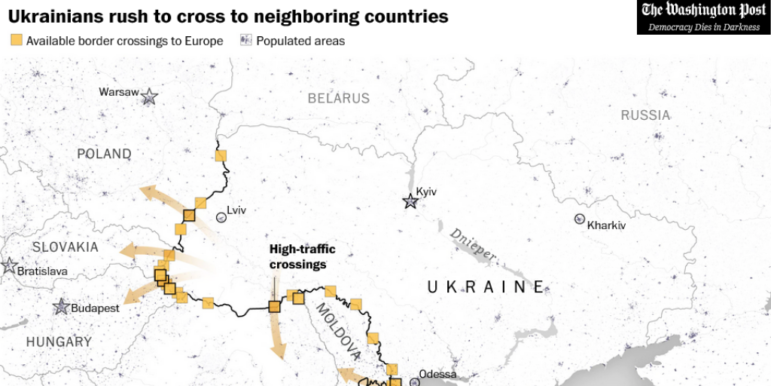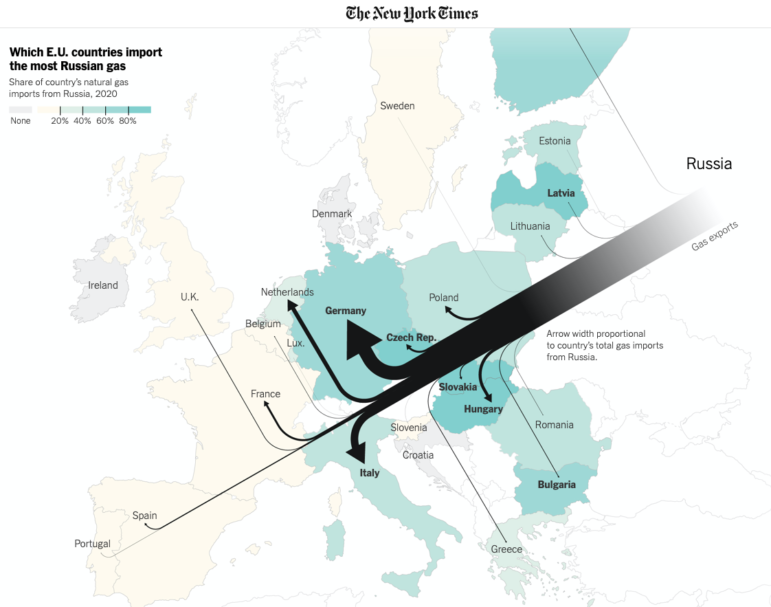
Data Journalism
Data Journalism Top 10: Unhappy Russians, Bad Cops, Women in Data, Korean Elections
In this week’s GIJN round-up of the Top 10 in Data Journalism, we look at the declining public mood inside Russia, EU spending on Russian fossil fuels, costly US police misconduct, and South Korean election graphics.









